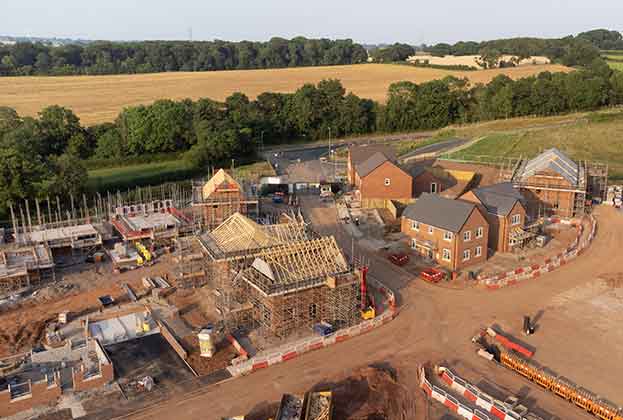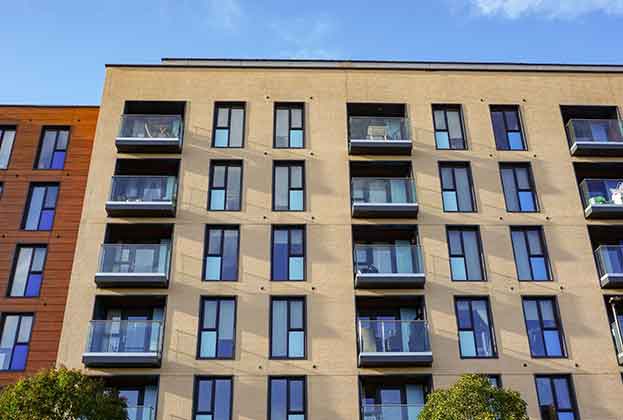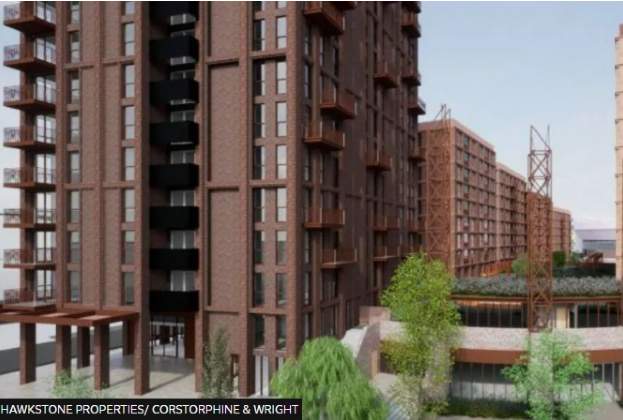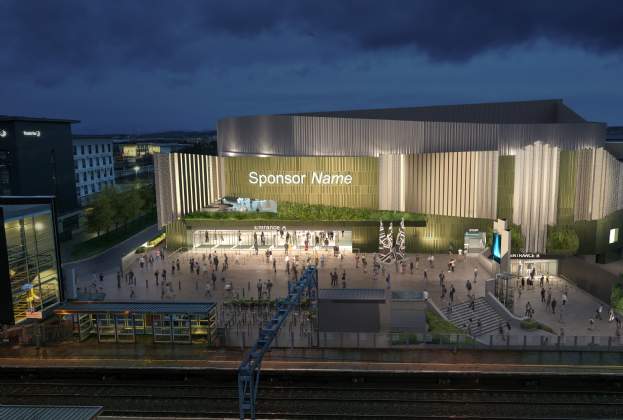If a planning application is turned down, it’s possible to challenge the decision by submitting an appeal.
There are three appeal procedures: written representations, a hearing or an inquiry. The appellant should make a case to the planning inspector as to which they consider is more appropriate, but ultimately it is the inspector who decides which procedure will be used to determine the appeal.
For all of the procedures, the appeal submission should be supported by the appellant’s Full Statement of Case, application documents and any other relevant supporting documentation. Be aware that there is no opportunity to add to the Full Statement of Case during the appeal.
Interested parties will be notified by the local authority a week after the appeal start date. They can reply concerning representations made at the application stage or they are given five weeks to make further written representations to the Planning Inspectorate.
Written representations
This method is most appropriate where it is considered that the key planning issues can be clearly understood from the submitted application and appeal documents. The issues are normally not complicated and therefore do not require a significant debate between parties.
The council is required to issue a copy of their appeal questionnaire and all relevant documents to the Planning Inspectorate and appellant within one week of the start date. The council has the option to provide a Statement of Case if it considers further information is required above that submitted with the questionnaire.
The appellant and council must provide comments on any representation made between weeks five and seven. No new evidence is allowed. Following this, the inspector may visit the site and/or issue a decision.
Hearing
This is appropriate where the inspector may need to question parties on some of the key planning issues but the evidence does not need to be tested through formal questioning by a planning solicitor or barrister (see inquiry procedure below).
If the appeal has generated a certain level of local interest then a hearing may also be appropriate. Interested parties are able to provide written responses within five weeks of the start date and are also able to take part in the hearing sessions.
The council must submit its Full Statement of Case and an agreed Statement of Common Ground with the Appellant within five weeks of the start date. In exceptional circumstances, the inspector may accept additional evidence during the hearing if it is considered appropriate. However, the party will need to justify why it was late and how it is relevant.
The hearing should take place within 10-14 weeks from the start date.
Inquiry
This is the most formal type of appeal and normally requires an advocate to present the appeal case and test the evidence through questioning and cross-examination of expert witnesses. An inquiry is usually selected where the planning issues are complex and there is significant local interest in the appeal.
If a hearing or inquiry route is chosen, then the inspector may opt for a ‘combined procedure’. For example, there might be an inquiry to discuss more controversial matters and hearings and/or written representations for matters which are almost resolved.
The inquiry procedure also enables interested parties to apply for ‘Rule 6’ status. This means that they can actively engage in the appeal process and will provide a Statement of Case, proofs of evidence and cross examine at the inquiry. While third parties can make representations to all types of appeal, the ability to actively engage in the appeal is unique to the inquiry procedure. If a Statement of Case is required by the inspector then the Rule 6 party will have four weeks from the Planning Inspectorate confirming their Rule 6 party status to submit their case.
The council must submit its Full Statement of Case and an agreed Statement of Common Ground with the Appellant within five weeks of the start date.
A case management conference will be held within seven weeks of the start date at which the main issues likely to be discussed at the inquiry are set out and procedural matters are agreed.
The inquiry should normally occur within 13-16 weeks from the start date. Four weeks before the inquiry, the key witnesses for the council, appellant and Rule 6 party will have the opportunity to submit a ‘proof of evidence’ to set out their case and provide their professional opinion on the opposing parties’ submitted Statements of Case. Any draft planning obligation should be submitted no later than two weeks before the inquiry.
In exceptional circumstances, the inspector may accept additional evidence during the inquiry if it is considered appropriate. However, the party will need to provide justification as to why it was late and how it is relevant.
A decision on an appeal heard by inquiry is expected to be issued within 24-26 weeks of the start date.
Further information
.jpg)



.jpg)
.jpg)
.jpg)
.jpg)
.jpg)

